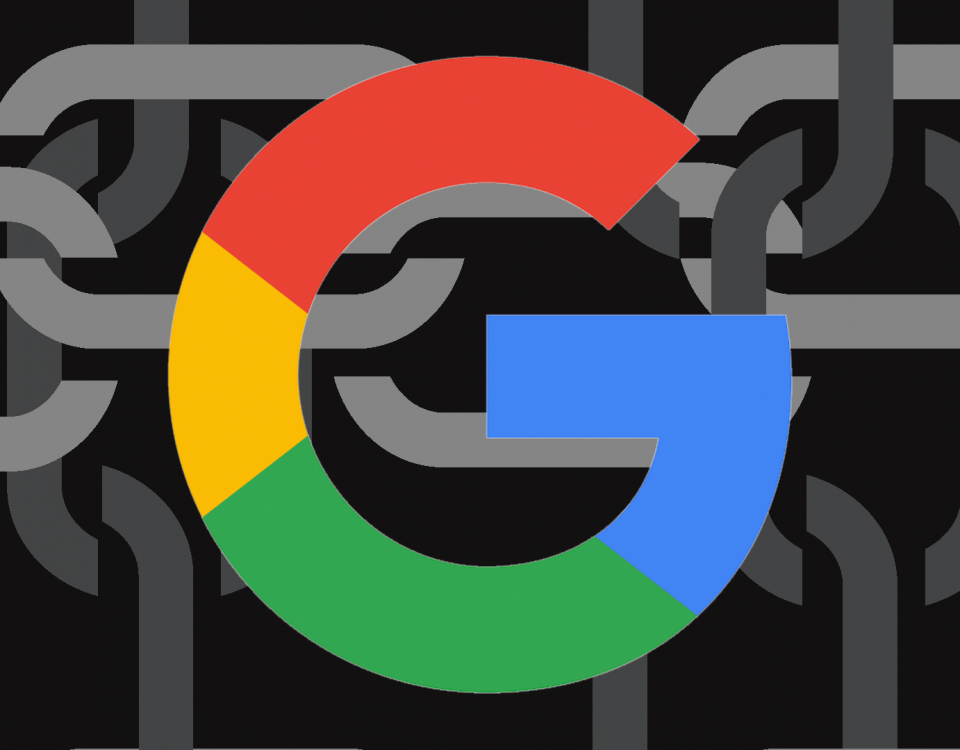Без рубрики
Google CEO Sundar Pichai discusses the influence of AI on search traffic, asserting it boosts user engagement.
In a recent conversation, Google CEO Sundar Pichai explored the integration of AI into search results and responded to worries from publishers and site owners about its possible impact on web traffic.
AI’s Role in Google Search
Google has been progressively integrating AI-generated summaries and overviews into its search outcomes.
These AI summaries are designed to offer users quick answers and context directly on the search page. However, there is apprehension among publishers that this could significantly lower website click-through rates.
Pichai Asserts AI Enhances Traffic
Despite these concerns, Pichai remains positive about AI’s long-term effects on the web ecosystem.
Speaking to The Verge, he said:
“I remain optimistic. Empirically, what we are seeing throughout these years is that human curiosity is boundless.”
The Google CEO mentioned that internal data indicates higher user engagement with AI summaries, noting that click-through rates on links within these previews are higher compared to standard search results.
Pichai added:
“When you provide context, it leads people to various branching points, prompting more engagement. This ultimately drives growth over time.”
However, Pichai did not share specific metrics to back up this claim.
Balancing User Experience and Publisher Needs
Pichai emphasized that Google aims to balance user satisfaction with driving traffic to websites, stating:
“I look at our journey, even the last year through the Search Generative Experience, and I constantly found us prioritizing approaches that would send more traffic while meeting user expectations.
… what’s positively surprising us is that people engage more, and that will lead to more growth over time for high-quality content.”
When questioned about anecdotal evidence of some sites losing substantial traffic, Pichai advised against making broad generalizations based on individual cases.
He contended that Google has historically increased traffic to the web ecosystem over the past decade.
Pichai suggested that sites losing traffic tend to be “aggregators in the middle.”
He said:
“From our standpoint, when I look historically, even over the past decade, we have provided more traffic to the ecosystem, and we’ve driven that growth.
Ironically, there are times when we have made changes to actually send more traffic to the smaller sites. Some of those sites that complain a lot are the aggregators in the middle.
So should the traffic go to the restaurant that has created a website with their menus and stuff or people writing about these restaurants? These are deep questions. I’m not saying there’s a right answer.”
Implications for Website Owners and SEO Experts
Pichai’s remarks offer valuable insights into Google’s strategy but should be taken with caution.
While Pichai painted an optimistic picture of AI’s impact, he provided little concrete data to support his claims. Website owners need to closely monitor their analytics to understand AI summaries’ actual effects on their traffic.
As Google continues to implement AI features in search, the debate is far from over.
Despite Pichai’s positive outlook, the real impact of AI on the web ecosystem remains uncertain. Publishers and SEO professionals need to stay alert, flexible, and vocal about their concerns in this evolving landscape.
4o








